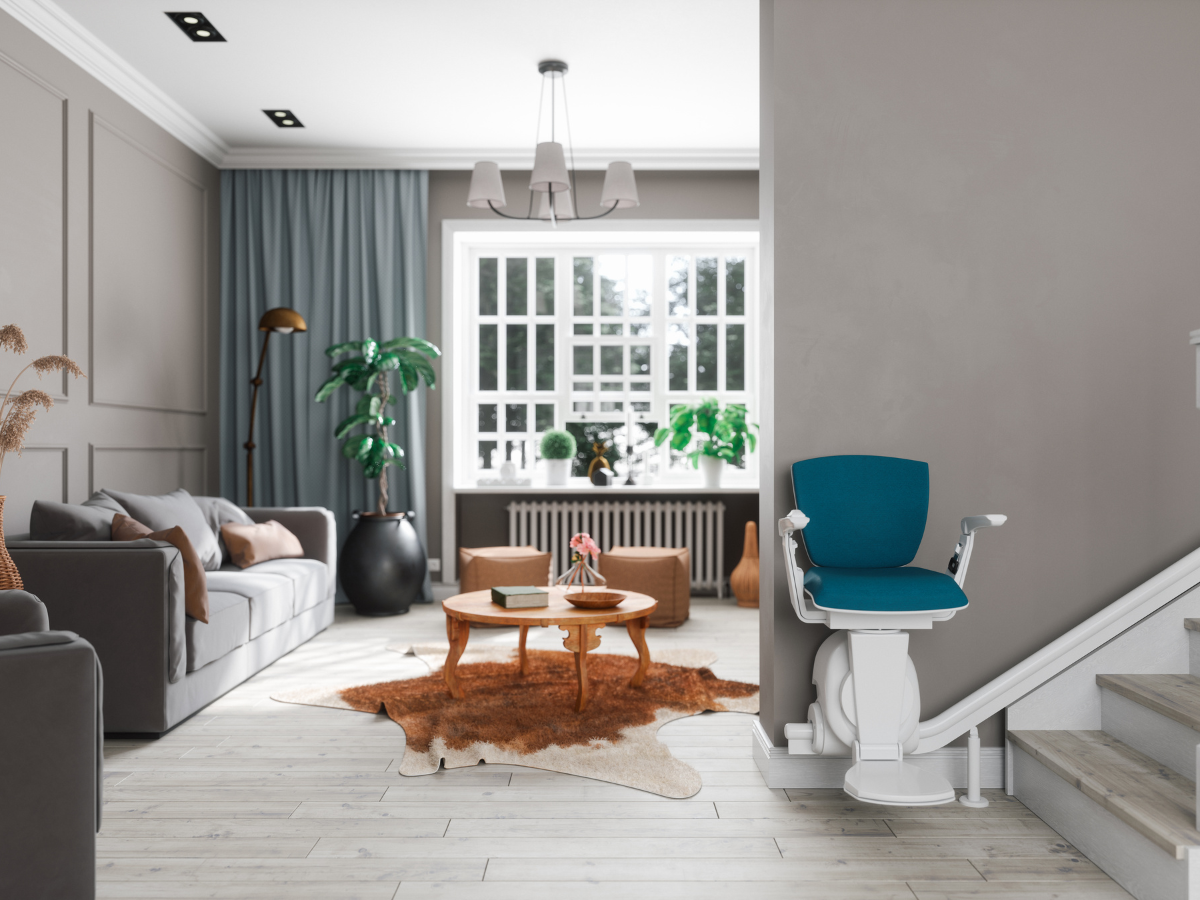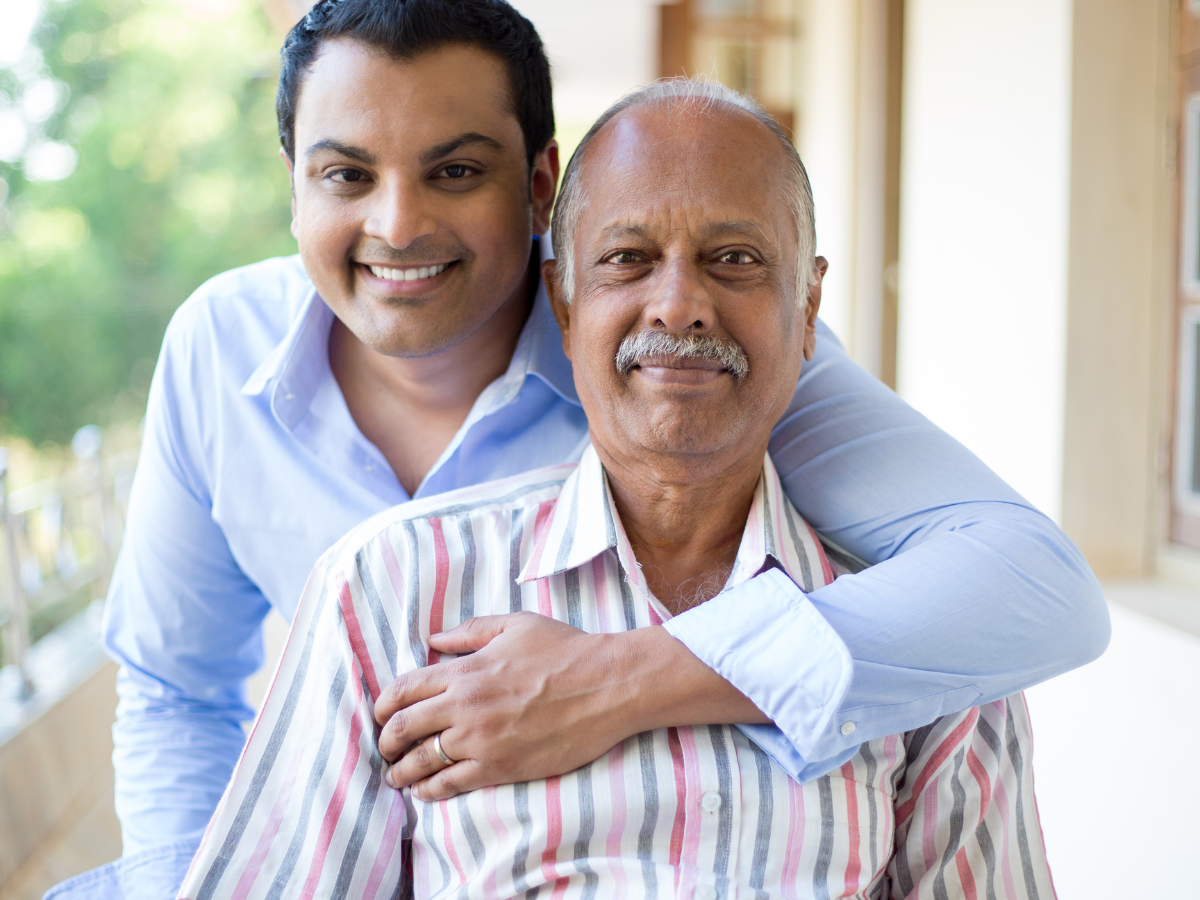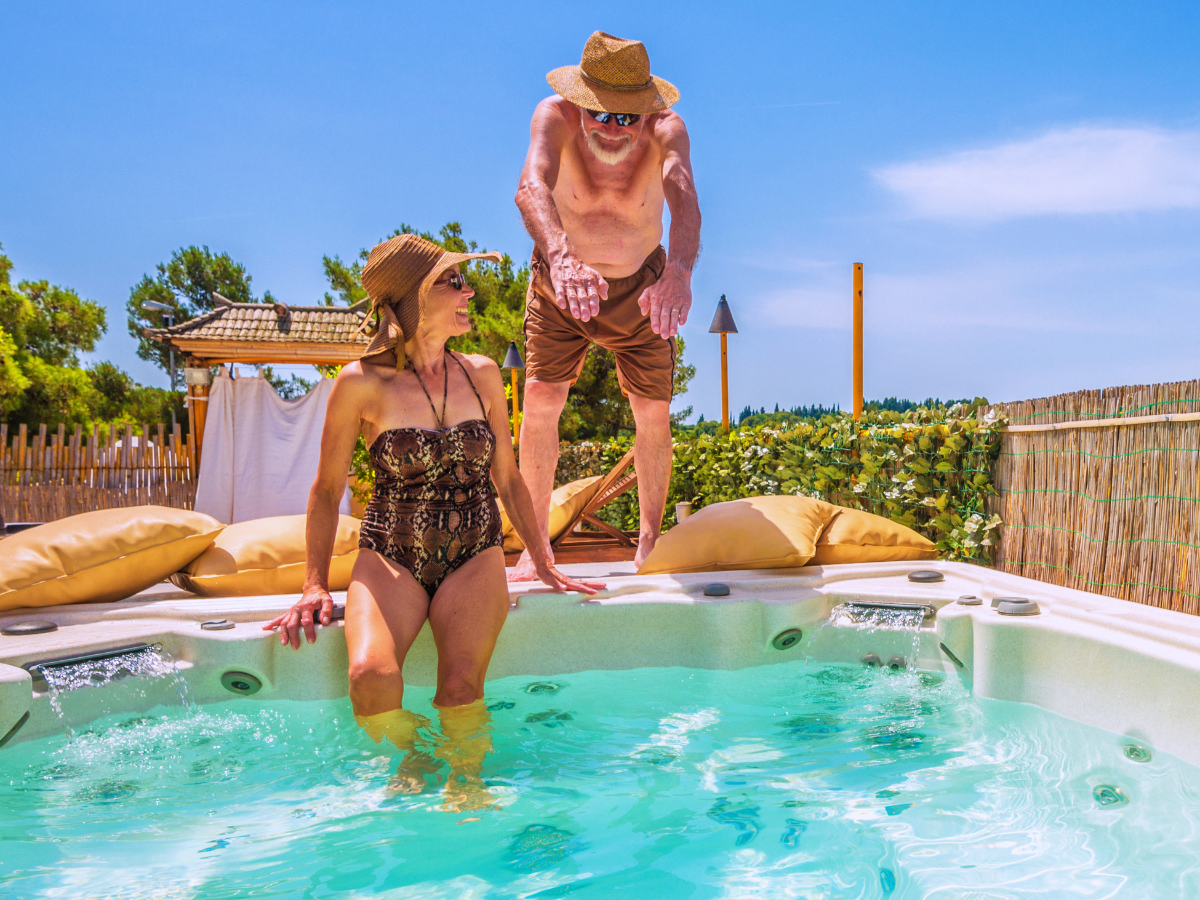For most of us, bathing is a daily routine. However, for seniors, bathing can be quite the laborious chore. Mobility issues can make the supposedly-simple task of stepping into a bathtub quite difficult. Not to mention, medical conditions like Alzheimer’s disease can cause an older adult to simply forget to pay attention to his/her personal hygiene. What can you do to help your elderly loved one to keep clean with greater ease?
Communicate with your loved one.
Before any physical assistance is provided, it’s important to talk things out with your elderly loved one. Get a feel for how he/she feels about bathing and performing other personal hygiene requirements. Are the tasks considered difficult to perform? Does he/she just not feel in the mood sometimes? According to Zareena Khan of Edmonton’s Home Care Assistance, it’s important to ask your elderly loved one how he/she feels about you helping out with such care.
“Your parent deserves respect, and it could be degrading if you begin to take over without discussing the changes with him or her,” she writes, “If your loved one feels disrespected, he or she could make baths and mealtimes difficult for you or an at-home caregiver. Effective communication could ease the transition and help your loved one maintain proper hygiene.”
Help out with oral health.
The importance of oral health cannot be underestimated. As much as we need to consider the necessity of regular bathing, it’s imperative that we not overlook the teeth, gums and tongues of our elderly loved ones. As Angie Kunnath of Waterloo, Ontario’s Home Care Assistance reports, studies have linked conditions as serious as heart disease to infected teeth.
“Plaque and infection can spread from the oral cavity to other parts of the body, so keeping excellent oral hygiene can not only help your loved one feel better, but also reduce the risk of developing serious health conditions,” she writes, “Dentists recommend seniors use soft toothbrushes since older gums tend to bleed more easily. You can also encourage your loved one to floss by buying pre-threaded floss sticks, which can be thrown away after a single use.”
Offer to provide a bath in bed.
While it is not preferable, providing a partial bath is better than no bath at all. Ideally, you can help to wipe clean some of the most important areas of your elderly loved one. The face, hands, underarms, back, buttocks and genitals should be attended to. As Tena Scallan explains on TheUltimateCaregivingExpert.com, baths in bed are generally reserved for seniors who are unconscious, paralyzed or wearing a cast.
“Provide lots of privacy, work quickly and efficiently, and always let the patient know what’s going on at all times,” she recommends, “Bring two bowls to their bedside. One is for clean water, and one is for rinsing. You will also need lots of bath towels and washcloths available to prevent their bedding from getting wet. Before you begin, decide where you want to start the bed bath and move slowly from there.”
At Advantage Home Health Solutions, we offer a wide variety of bath safety products to ensure your bathroom is a safe place. Contact us and let us show you how you can have a barrier-free washroom. If you can’t make it into the store, we are also available to come to you. Request a free in-home assessment and we’ll be happy to set up a time to meet with you and review your home for any safety concerns.
Please don’t hesitate to give us a call at 403-460-5438. You may also email us by filling out the form on our Contact page.



